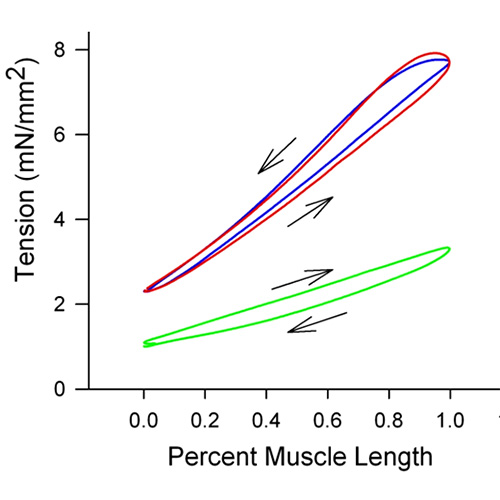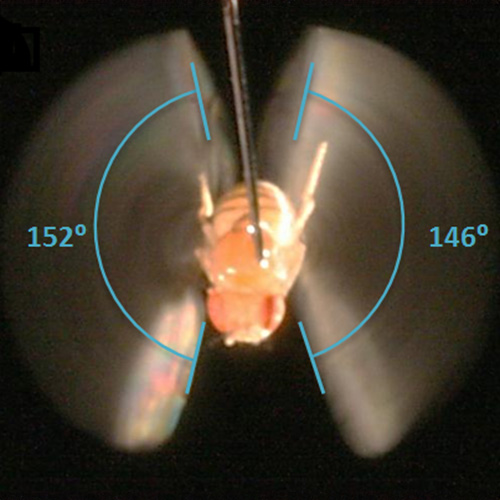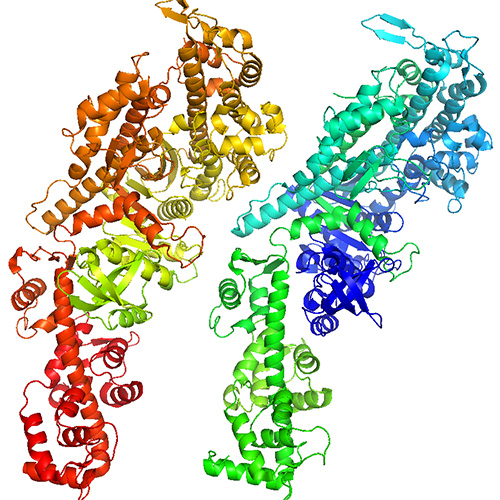Welcome to the Swank laboratory at RPI!
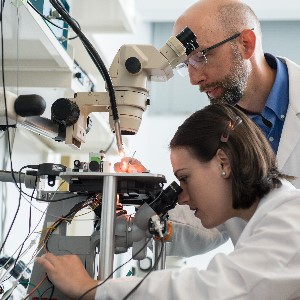
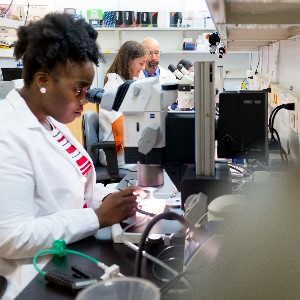
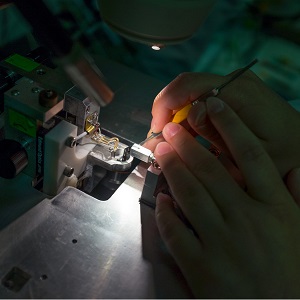
Help support our research towards treatment of muscle and heart diseases.
Donate hereOur lab investigates the physiological and mechanical properties of muscles and the mechanisms behind muscle and cardiac diseases. How mechanical properties of muscle fiber types are determined by variation in muscle protein composition is a major focus of the lab. Different isoforms (versions) of myosin are a major determinant of muscle properties such as how fast a muscle fiber type shortens and how much force it can generate.
We investigate how different structural regions of myosin set these properties. The structural regions include known sites of mutations that lead to familial hypertrophic cardiomyopathy (FHC), an atypical thickening of heart ventricular muscle that is a leading cause of sudden death in young adults.
We directly study the mechanisms behind contractile protein based human diseases by replicating the mutations that cause them in our model organism Drosophila (fruit flies). For example, a point mutation in the myosin S-2 region, P838L, causes restrictive cardiomyopathy. Another mutation leads to myosin based inclusion body myopathy type 3 which weakens fast contracting muscle fiber types. By making these mutations in Drosophila muscles, we can investigate the impact of the mutation on protein structure, sarcomere structure, muscle mechanical properties, and locomotion.
We are fascinated by a muscle phenomenon known as stretch activation. Stretch activation is used by insect flight muscle and vertebrate heart muscle to increase the amount of force and power generated during each contraction cycle. We are particularly interested in the role of the calcium binding protein troponin C and myosin in stretch activation. Understanding the molecular basis of stretch activation could lead to new methods of restoring function to failing hearts.
Our lab is funded by grants from the National Institute of Arthritis and Musculoskeletal and Skin Diseases (NIAMS), the American Heart Association and direct individual donations. We recently received a five year grant to study the phenomenon of stretch activation and a separate grant to study molecular causes of hypertrophic cardiomyopathy in collaboration with researchers from Johns Hopkins University and San Diego State University.
